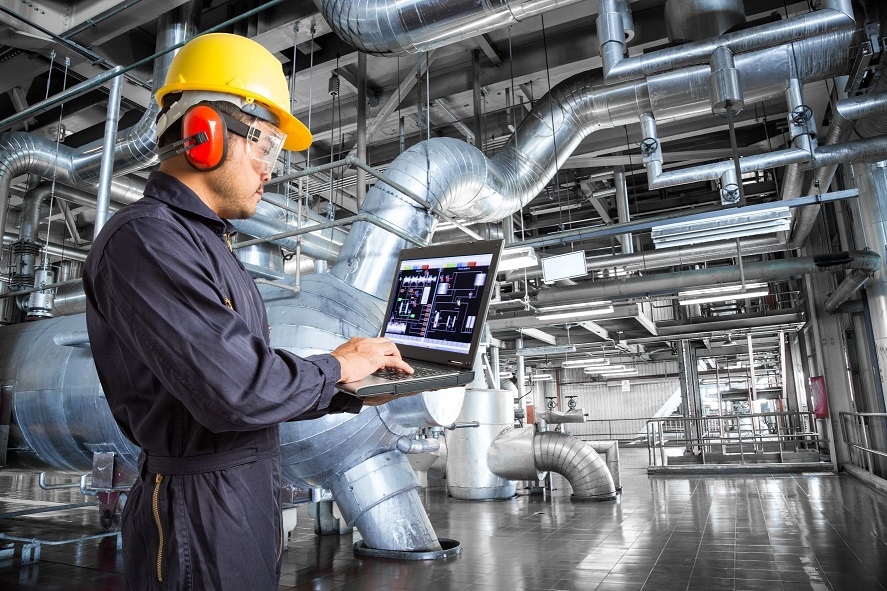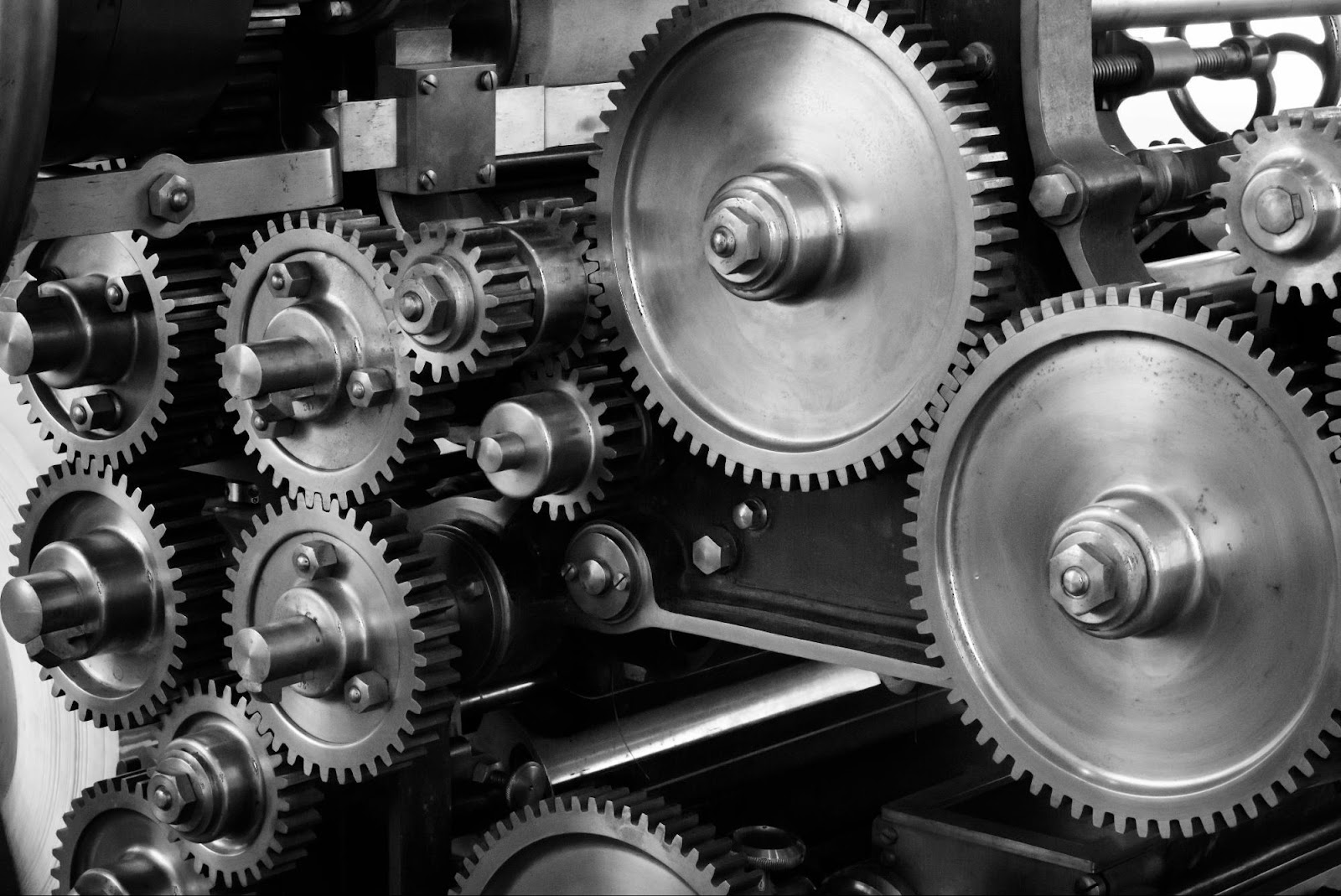Comments
- No comments found

In the quest for sustainability and cost reduction, industrial innovation is key.
Cutting-edge machines have been designed to consume less energy without compromising productivity, a goal that holds both environmental and economic significance. Here we will explore some revolutionary energy-saving machines and tools that stand out in today's industrial landscape for their efficiency and their contribution to leaner, greener operation models.

Energy consumption in the industrial sector has seen a dramatic shift in focus towards high-efficiency equipment. Advanced materials, precision engineering, and smart technology integration lead the way in creating machines that are not only more energy efficient but also have a reduced environmental impact, increased lifespan, and lower maintenance requirements.
Variable speed drives are an innovative solution for managing motor speeds in accordance with workload requirements. By adjusting motor operation to the precise needs of the task or process, VSDs can save considerable amounts of energy, reduce mechanical stress, and extend the life of machines.
Lighting is an essential yet often overlooked aspect of industrial energy consumption. The transition to LED lighting in factories and warehouses represents a simple but effective way to save energy. LEDs offer longer lifespans, better light quality, and, most importantly, significantly lower power consumption compared to traditional industrial lighting systems. When considering an upgrade or installation, exploring various warehouse lighting options can provide insights into different solutions that match specific industrial needs while contributing to energy savings.
The use of advanced insulation materials in industrial machinery is gaining traction as a method to enhance energy efficiency. New insulation technologies are capable of minimizing heat transfer, thereby keeping machines at optimal operating temperatures and reducing the need for additional cooling systems. They are also aiding in the overall thermal management of industrial plants, ensuring that energy is used judiciously and effectively.
Heat recovery systems represent a significant leap in energy-saving technology. By capturing and reusing heat that would otherwise be lost, these systems can dramatically reduce energy consumption for heating and cooling. This process not only saves energy but also enhances overall productivity by conserving resources.
Comprehensive energy management software systems are integral to tracking and optimizing energy use across various industrial applications. These sophisticated software solutions allow for closer scrutiny of energy patterns, enabling facility managers to pinpoint inefficiencies and implement more effective energy-saving measures. As these systems continue to learn and adapt, their predictive capabilities can forecast energy needs and prevent overconsumption.
In the world of industrial machinery, the electric motor is a prime focus for efficiency improvements. High-efficiency models are now replacing older, energy-intensive motors. These modern electric motors consume less power and boast better performance, durability, and reduced noise levels, contributing to a more comfortable and energy-efficient production environment.
The integration of renewable energy sources such as solar, wind, and hydroelectric power into industrial operations is a powerful stride toward sustainable manufacturing. By supplementing conventional energy supplies with renewables, industries can significantly cut down their reliance on fossil fuels and reduce their carbon footprint. The move also aligns with global efforts to combat climate change and promotes a more resilient and environmentally friendly industrial base.
Smart manufacturing systems utilize cutting-edge IoT technology to optimize energy consumption. By monitoring and analyzing data in real time, these systems can make adjustments on-the-fly, enhancing efficiency. This level of automation and precision not only saves energy but also reduces waste and improves the consistency of output.
The industrial sector continues to evolve with a strong emphasis on sustainability and efficiency. From innovative heat recovery systems to intelligent manufacturing platforms, the effort to reduce energy consumption is leading to significant advancements. The machines we've highlighted are but a few examples of the smart technologies empowering industries to work smarter, not harder, while also being kind to our planet. As technology advances, we can expect to see continued progress in the development of machines that are both exceptionally efficient and cost-effective, heralding a new era of industrial productivity.
Leave your comments
Post comment as a guest